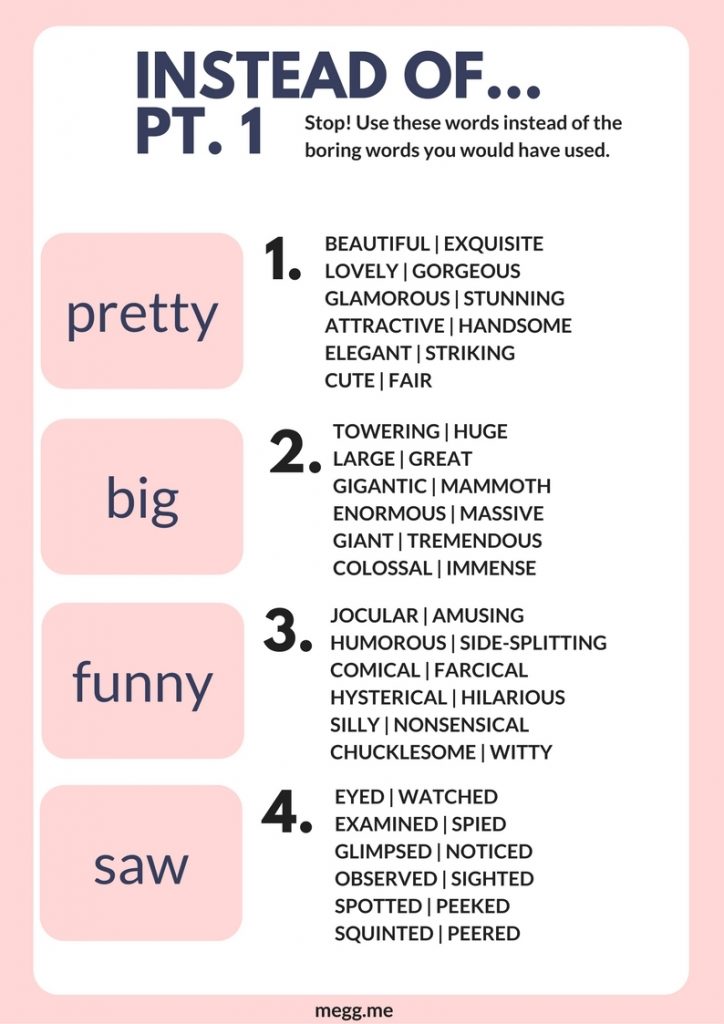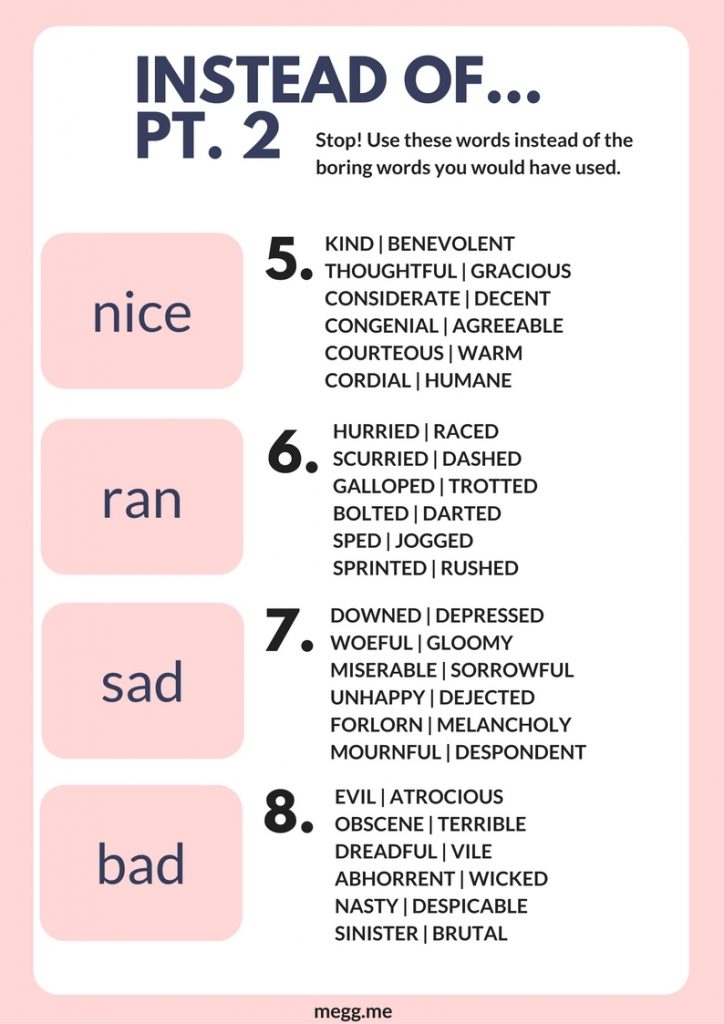What is prose? Prose is writing sentences in their most ordinary form. Some authors lean towards shorter, minimalistic writing styles while others prefer long complex syntax. In this post I chat about how to write better prose easily.
-
Keep it simple
Reading is very enjoyable so the last thing your reader wants is for your book to be work to read. You must make the reading experience easy. Word choice must be selective and descriptive and aim at getting rid of filler words that add unnecessary information into a sentence. The secret to better prose isn’t by sticking to complicated rules but rather by making things interesting for your reader.
Example:
Instead of: “She saw the front door standing slightly open”
Simpler form: “The door was ajar” -
Make sure your prose fits in with your story and your narrator
What you’re writing needs to fit in with the story. British slang is not going to fit well in a novel set in America. Just like, writing in old English will not work for a novel set in modern day. You also need to consider your character; How old they? Where are they from? What personality type do they have? Are they introverted or outgoing?And, then also consider the genre you’re writing for. Over complicated and long sentences will not fit well in an action packed novel because they will slow down the reading, thus conveying time and a more relaxed vibe. -
Use stronger words
Use this not that images and posts are all over Pinterest for a reason. Very sad, very angry, really cold can all be replaced by stronger and more descriptive words which will show your reader what the character is experiencing more than the “very” in front of the word.


-
Avoid boring structure
Having sentences that are all the same length can become boring to read. So try to mix things up a bit by creating sentences that fit well with the situation you are describing.If you’re describing a lazy Sunday afternoon then longer sentences will work great to get your reader into the same mood. However, if you’re describing a car chase or an escape long sentences will not convey urgency and speed in any way.Throwing in single word sentences will help alternate the pace as well as create excitement.Also try not to start too many sentences with the same word straight after each other. “I” or “We” are often used way too many times especially when the character is referring to themselves. Find different ways to tell the story that will excite the reader more.
-
No vagueness, please.
Vague nouns and writing that keeps your reader in a dark haze is tiresome to read. Focus on clear imagery so that your reader always knows exactly what you are referring to.
As a writer this is not an easy thing to focus on and it’s so easy to fall back into vague writing because as the writer of the story we already have the image in our minds. We already know what the reader is supposed to see. We forget that the reader has no idea. So, a great way to constantly remind yourself to not be vague is to imagine that you’re painting a picture through your writing. Can your reader see everything?
Example:
“She longed to escape her current reality.”
Where did she long to escape to and what was her current reality? These questions can cause a constant nagging in the back of your readers mind.
“She longed to escape from the constant city noise and the chaos it created in her mind to where the rivers flow freely and the hills are all her eyes can see.”
Immediately we know that the character lives in the city, and is not a fan of how busy cities can be. We also know that she loves nature and the outdoors and her idea of an escape would be a more simplistic, and peaceful life.

Leave a Reply